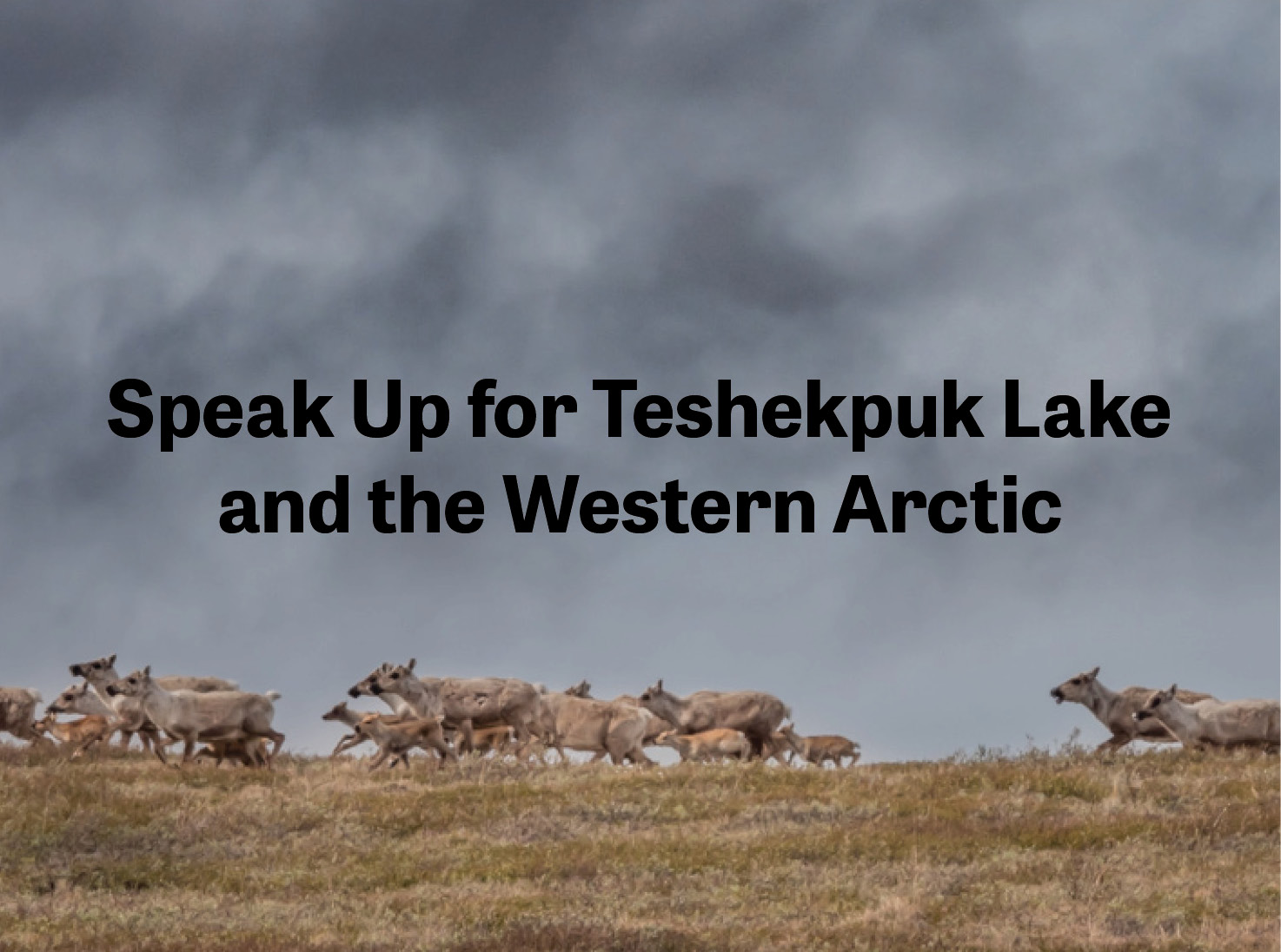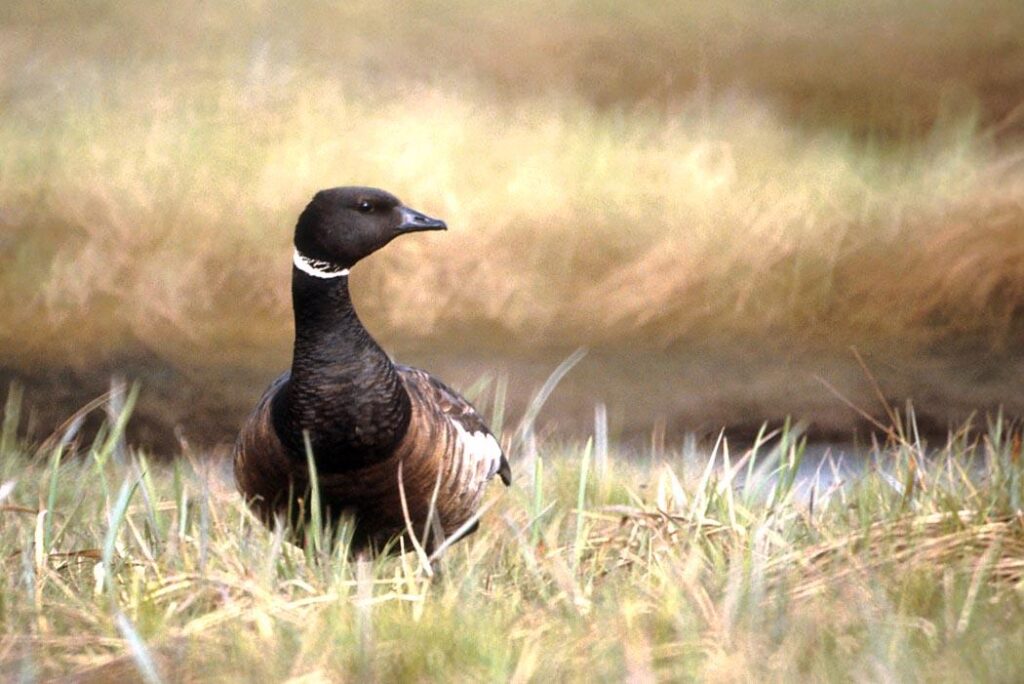
Support the Western Arctic now!

Last month the Bureau of Land Management proposed a revised management plan for the National Petroleum Reserve-Alaska that could threaten the health of wildlife habitat and access to traditional foods. Support Arctic health by telling BLM to expand protections in the NPRA or Reserve.
The proposal includes a draft environmental impact statement that offers four alternatives—one that keeps the existing plan in place and the others gutting protections in areas that currently have restrictions on extractive uses.
There are more and better solutions for a region suffering from climate change and industrialization. We need to demand more protections, not more exploitation.
You can make a difference by making your voice heard by this Tuesday, Jan. 21.
Speak up by Jan. 21
Act now by signing onto group comments that highlight what’s at stake.
- Sign the Wilderness Society action alert to protect the Western Arctic.
- Join Audubon’s call to protect globally important Arctic habitat.
- Join a Defenders of Wildlife comment demanding the protection of polar bears and polar bear habitat.
You can also comment online directly through the BLM site.
Make sure to state that you oppose expanded oil and gas activities in the Reserve and that you want options that safeguard the region. Note your call for more protections in the subject heading too.
Tell BLM to expand protections in the NPRA
The current 2013 plan for the region protects areas like Teshekpuk Lake and keeps them off limits to oil and gas because of their importance for traditional cultural uses and to the health of wildlife. Protecting these places recognizes that people, animals and plants depend on interconnected natural systems, not fragmented migratory routes and disrupted watersheds.

Truth is, the area already suffers the harms of climate change and industrialization. Any revision to the current management plan that proposes more oil and gas exploitation in the Reserve threatens traditional hunting grounds and food sources, and the health of animals like polar bears, migratory birds, raptors, and caribou.
When speaking out, emphasize that expanded drilling will harm people and animals, degrade the water and air, destroy natural systems and habitat, and deepen the climate crisis—and demand that the agency keep areas like Teshekpuk Lake off limits to oil and gas, and expand protections, not lessen them.


